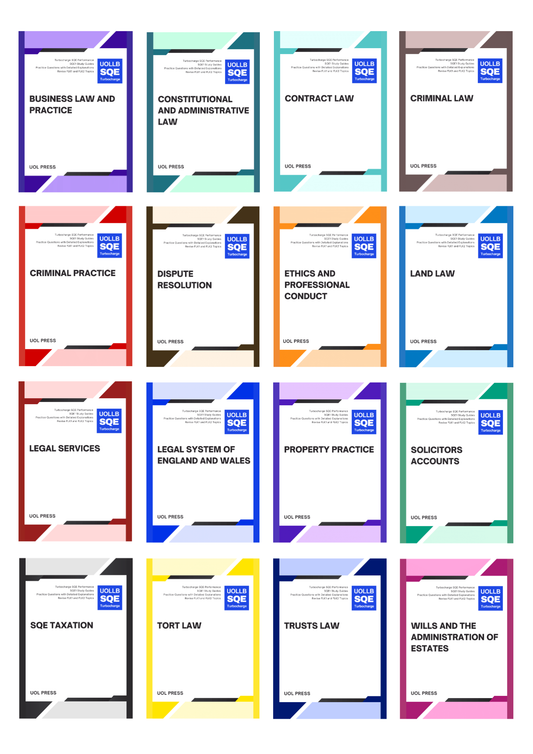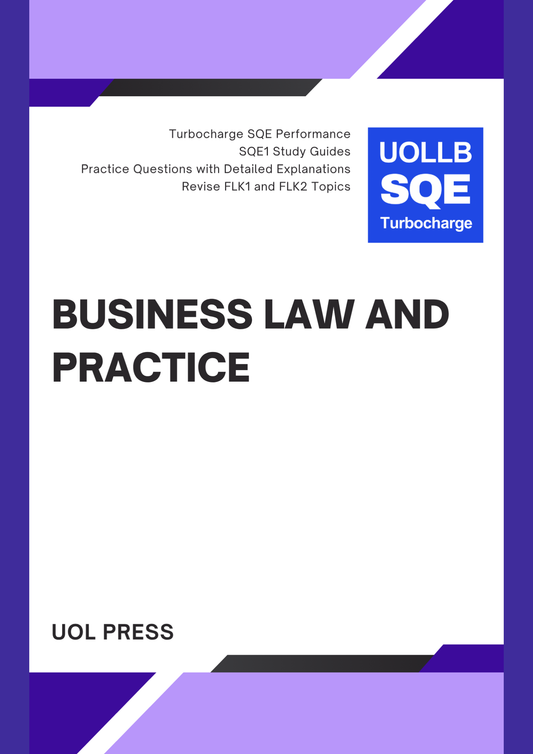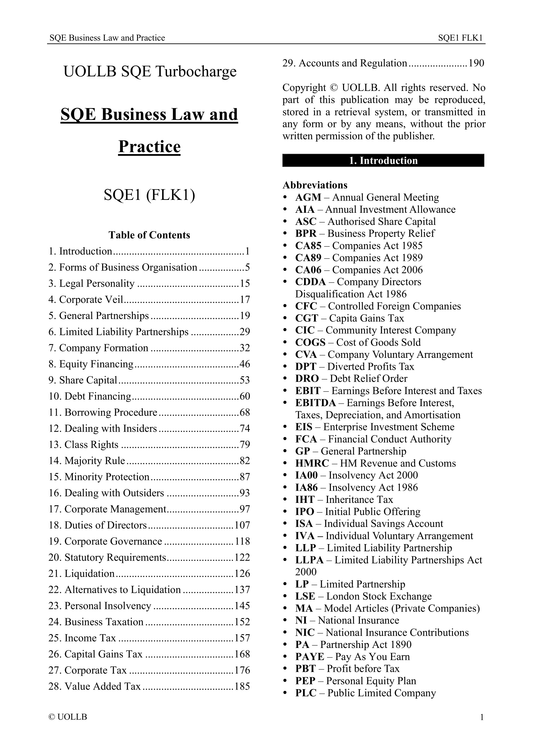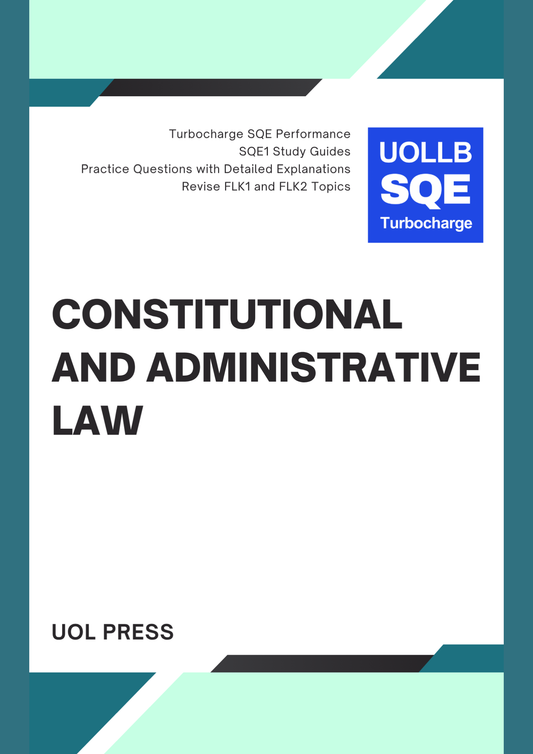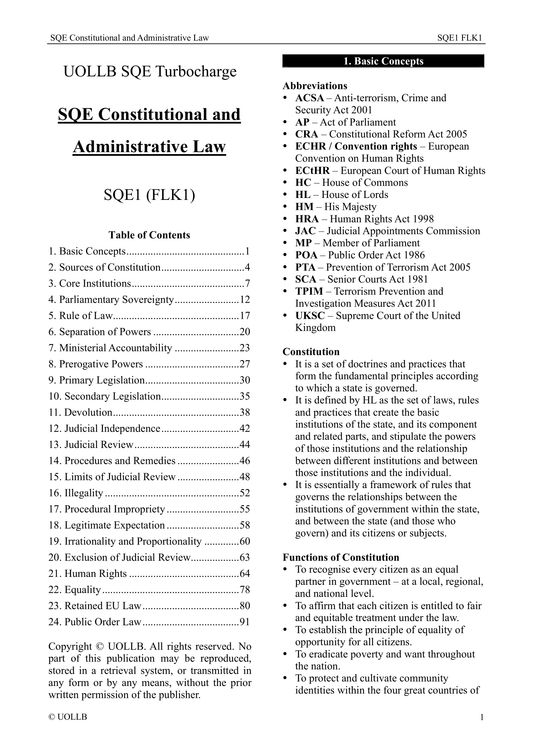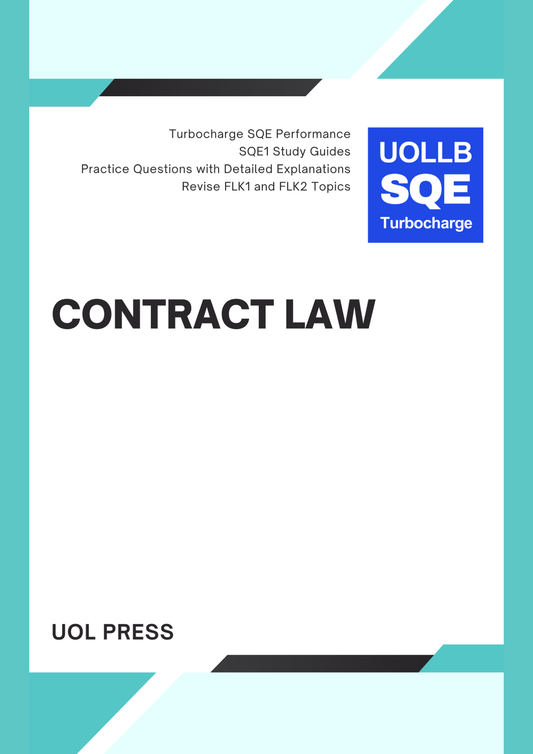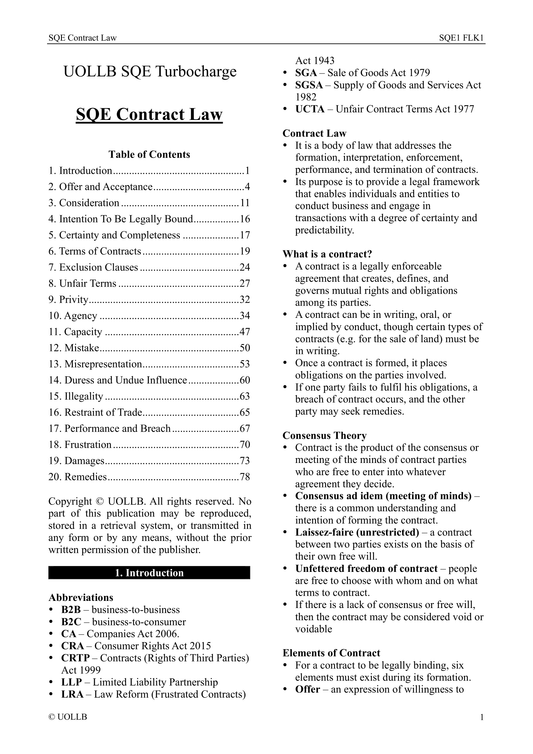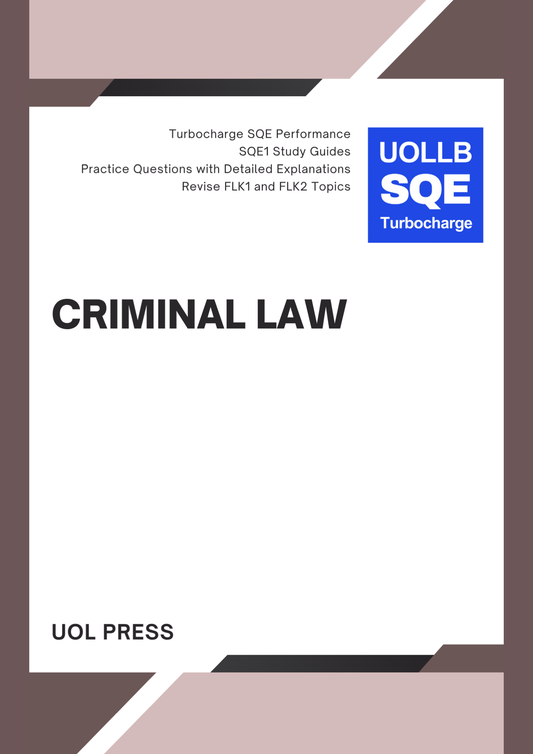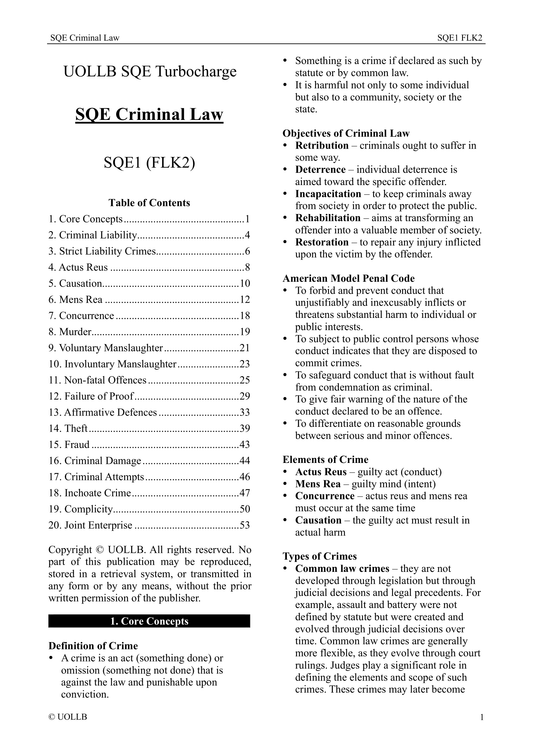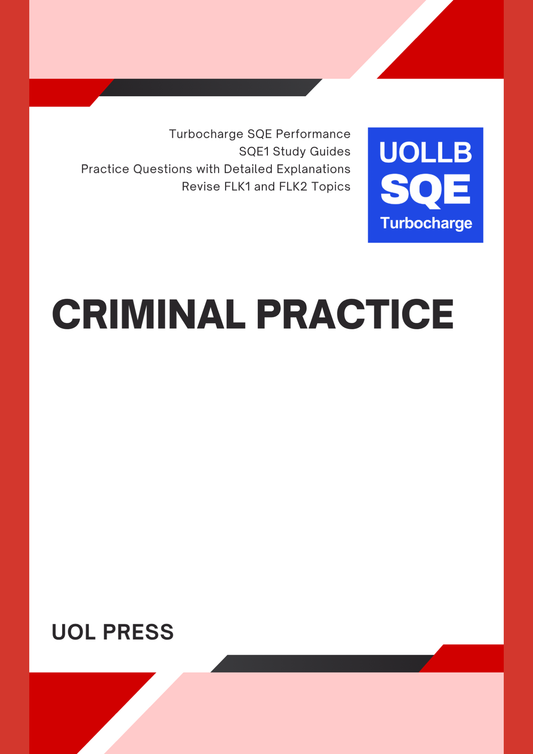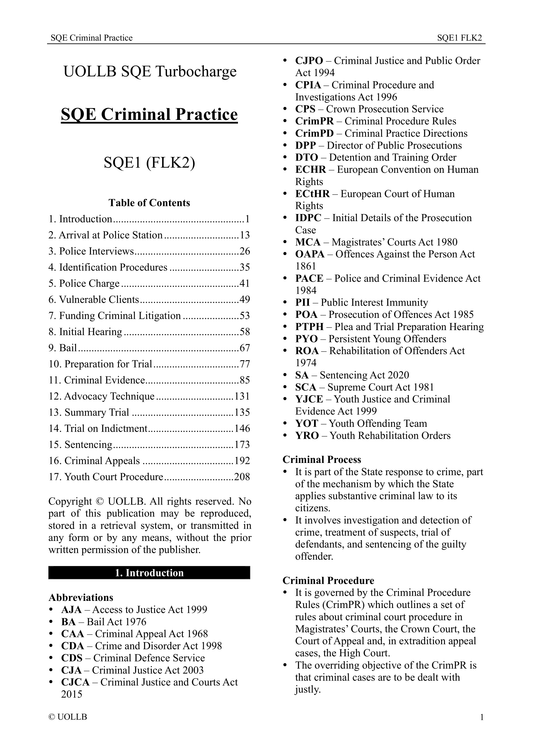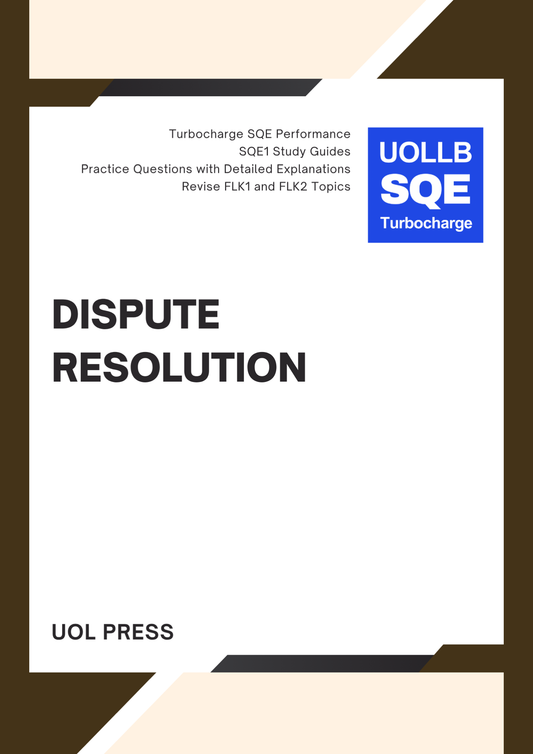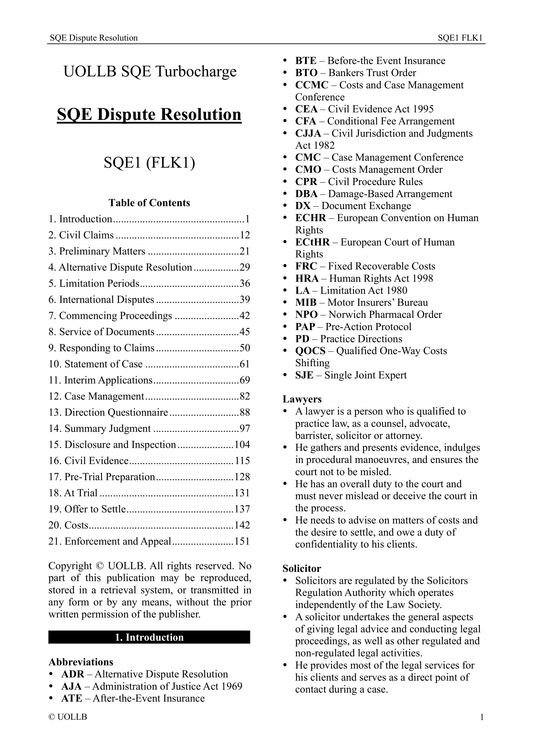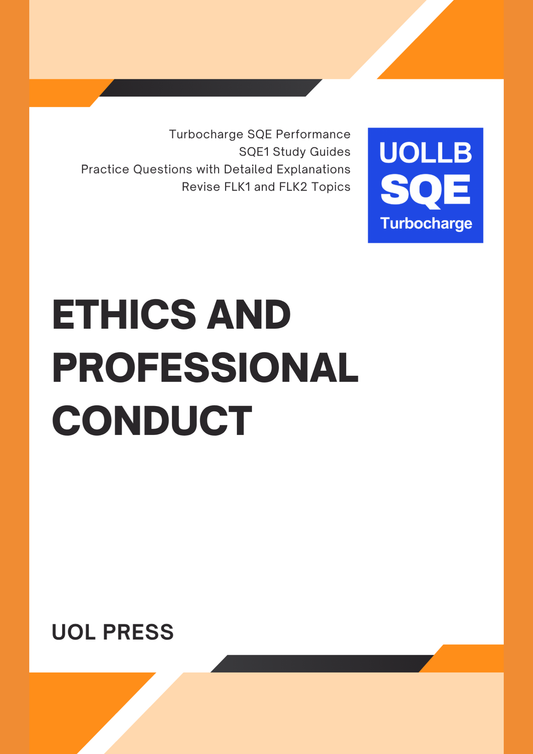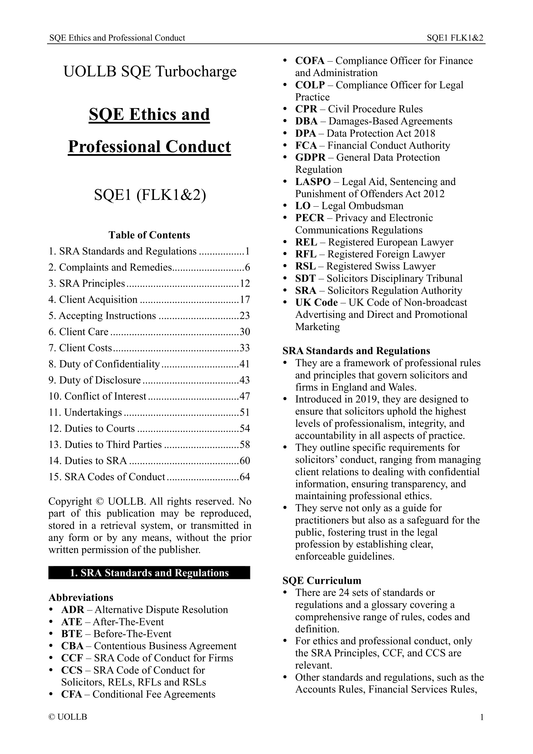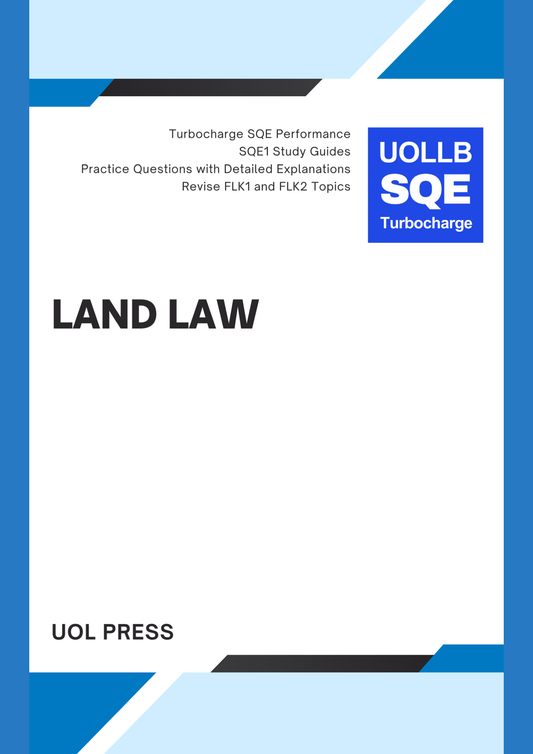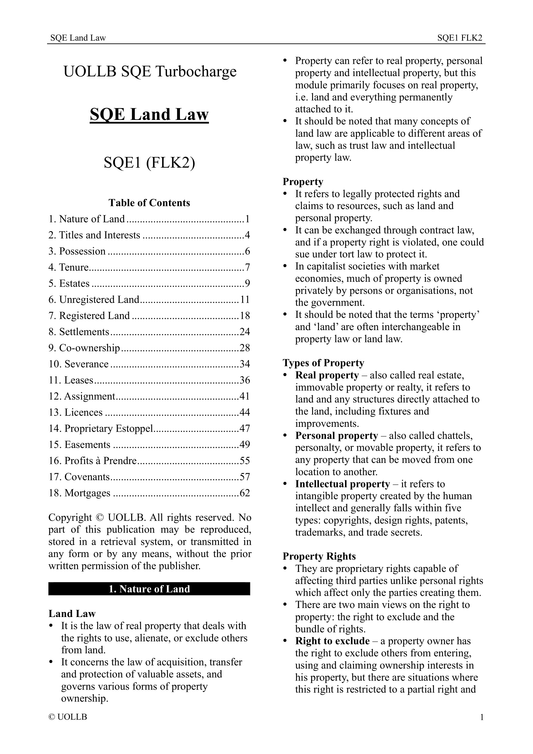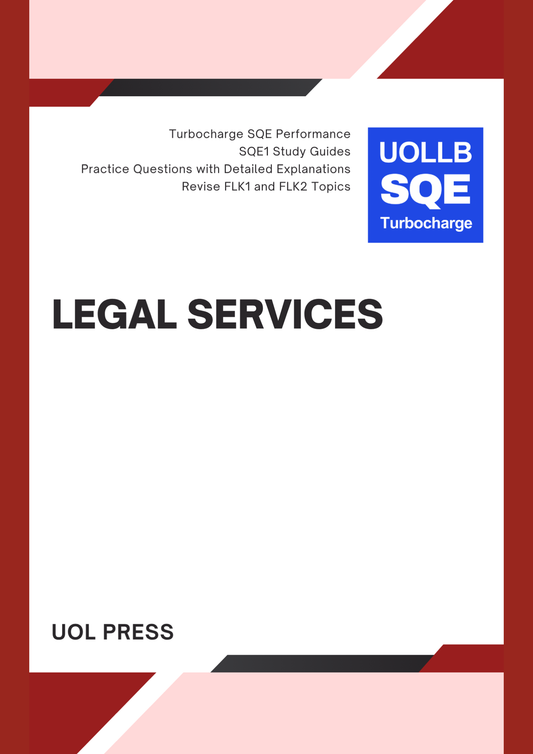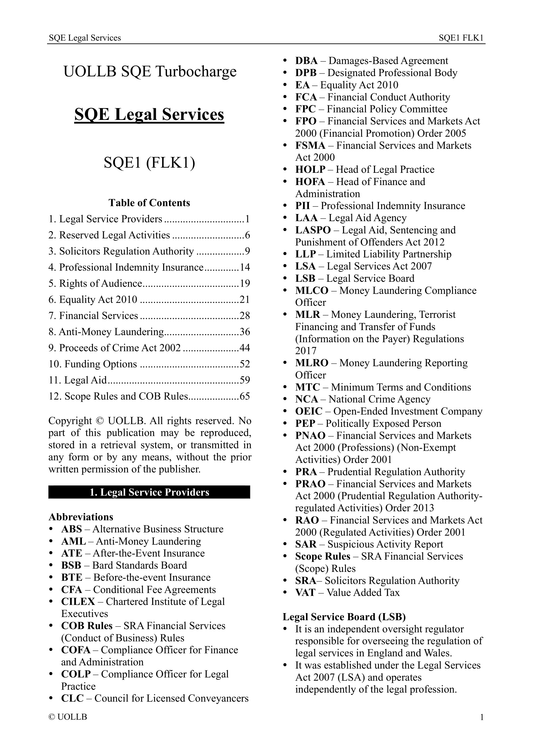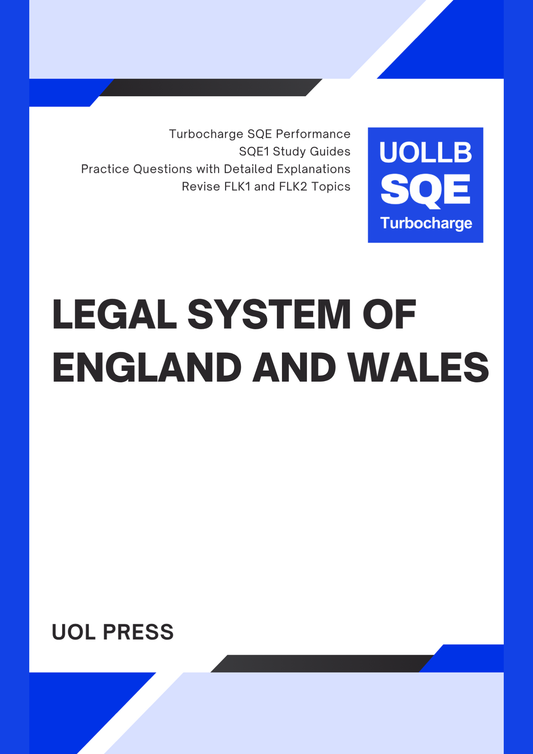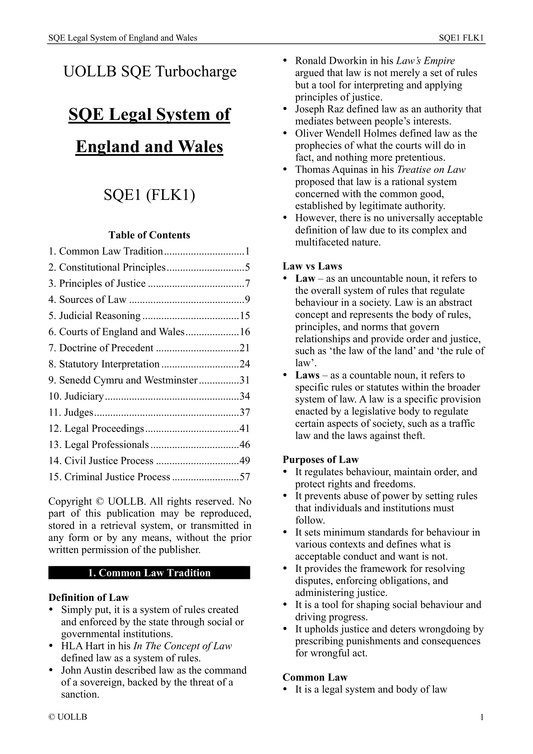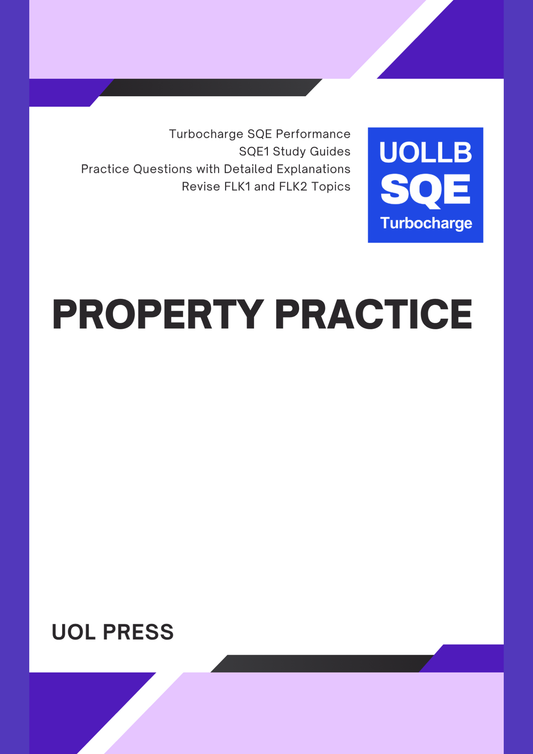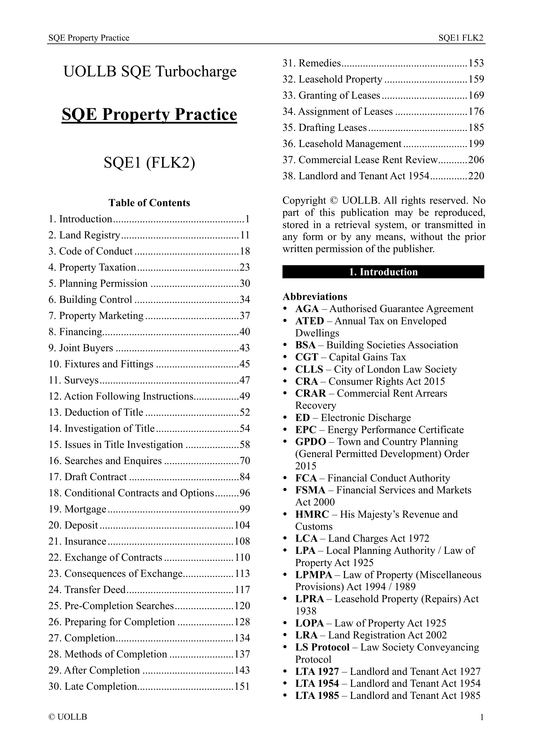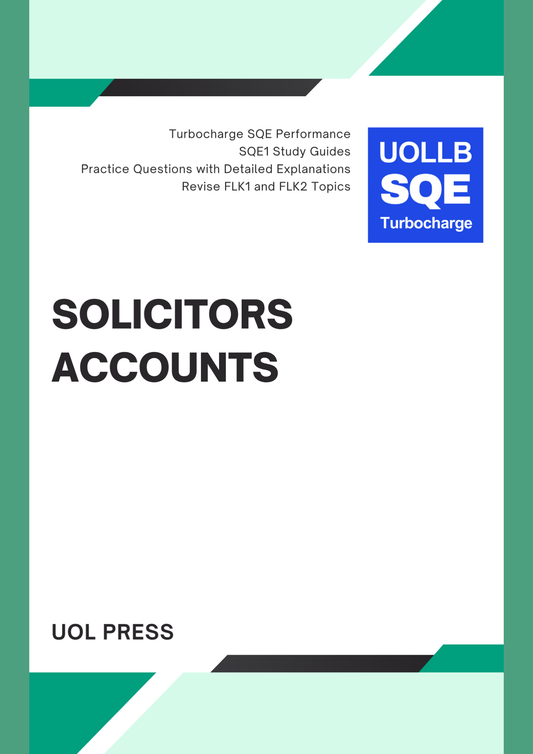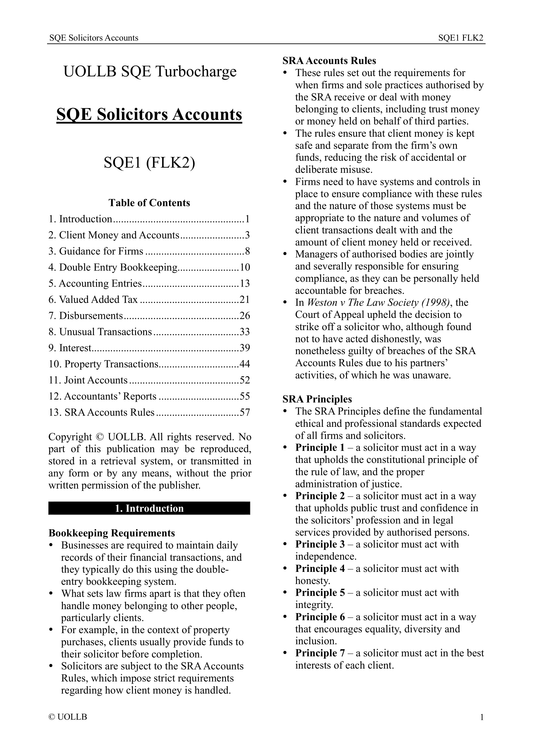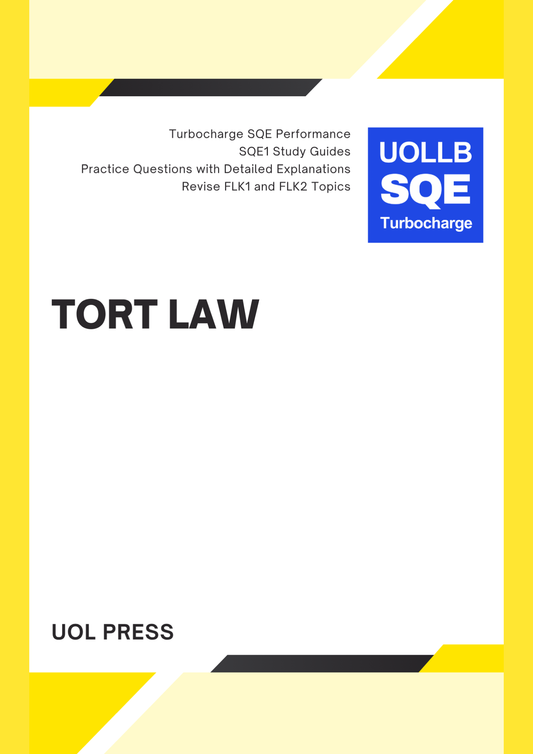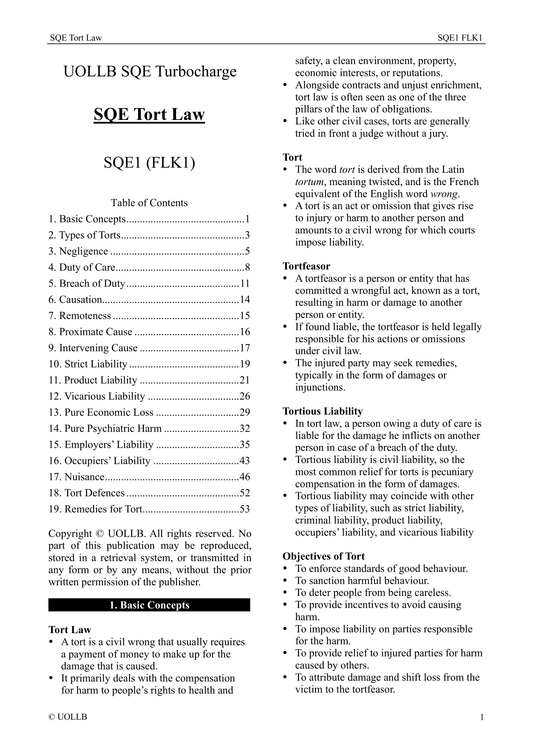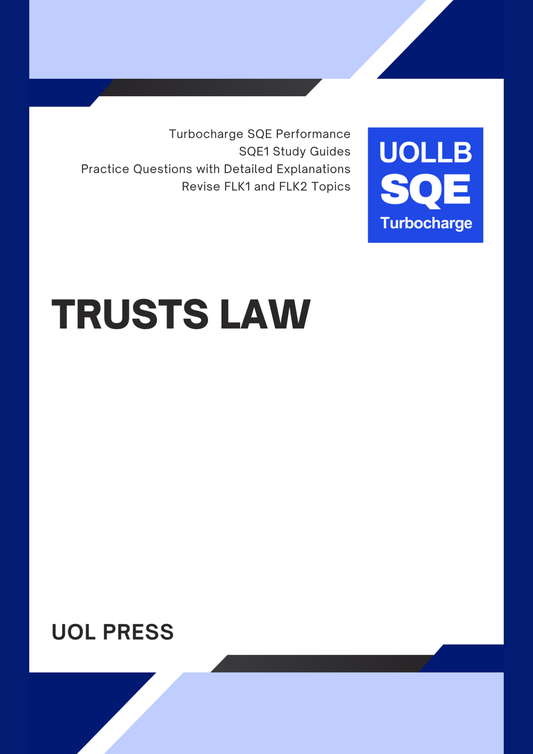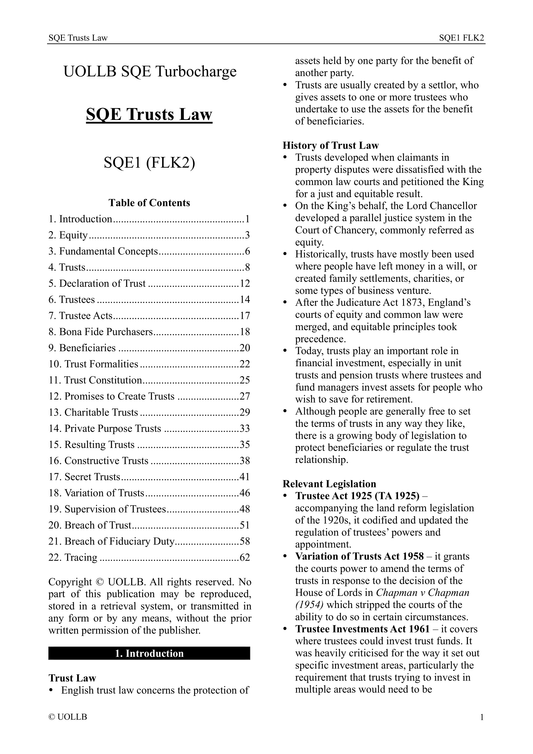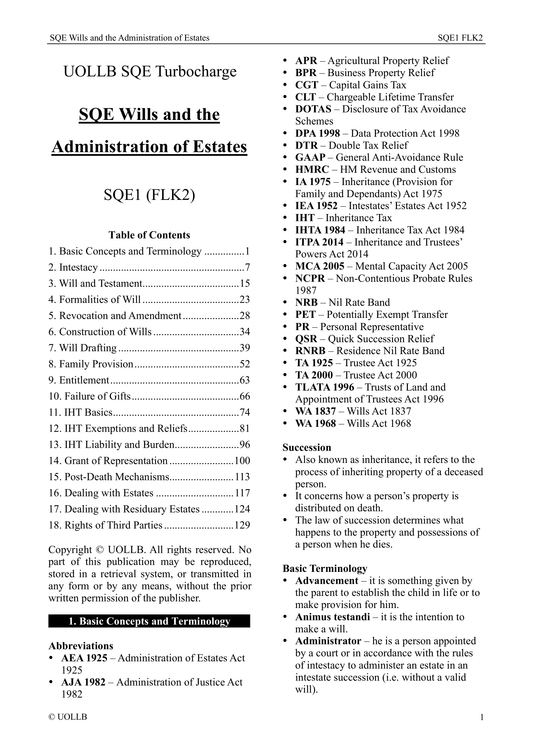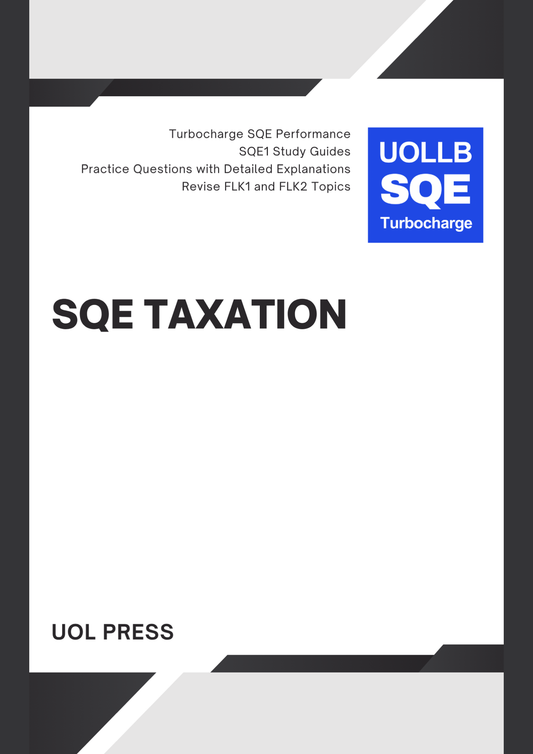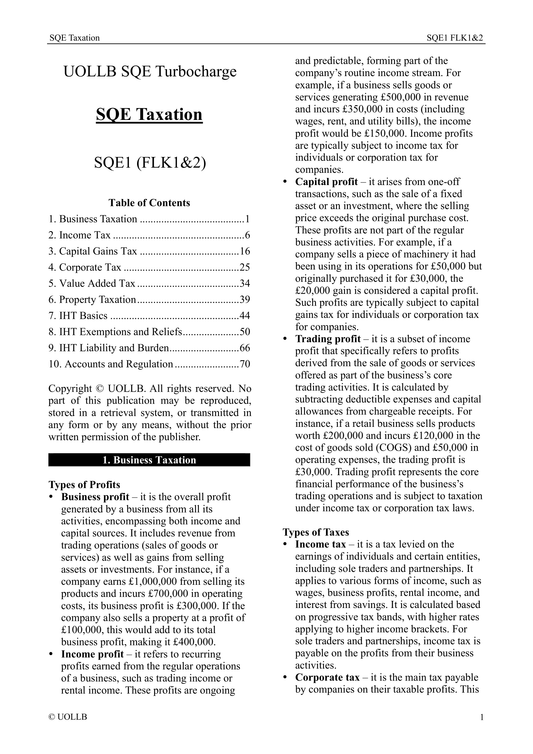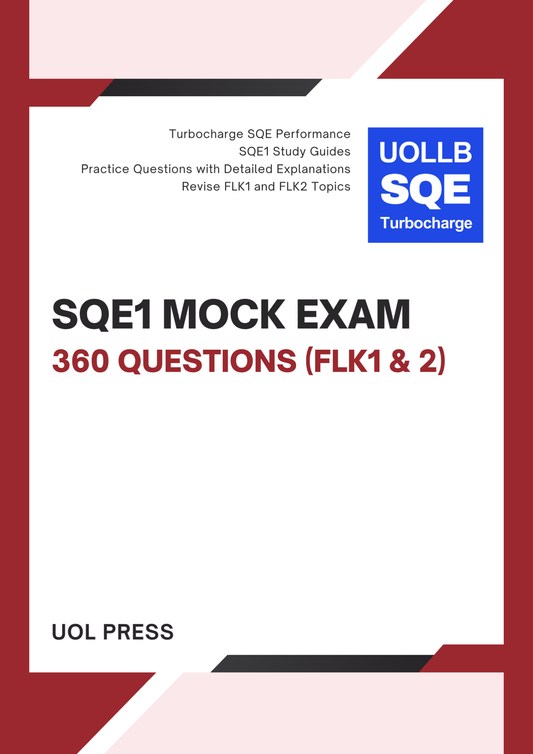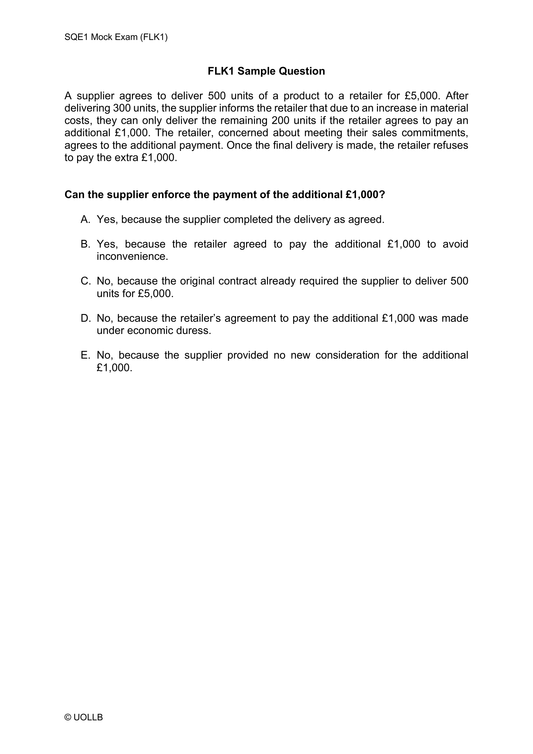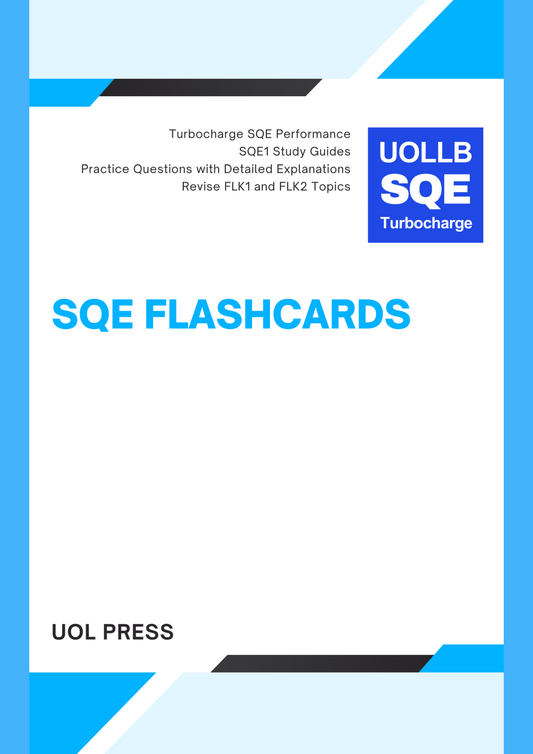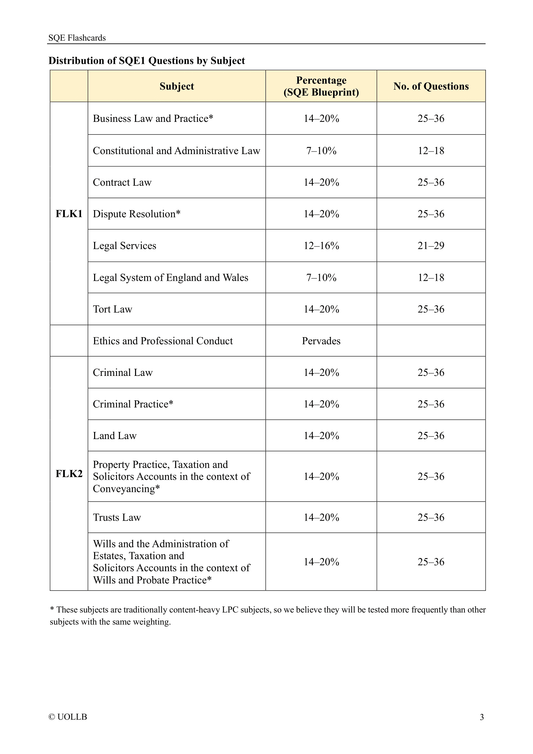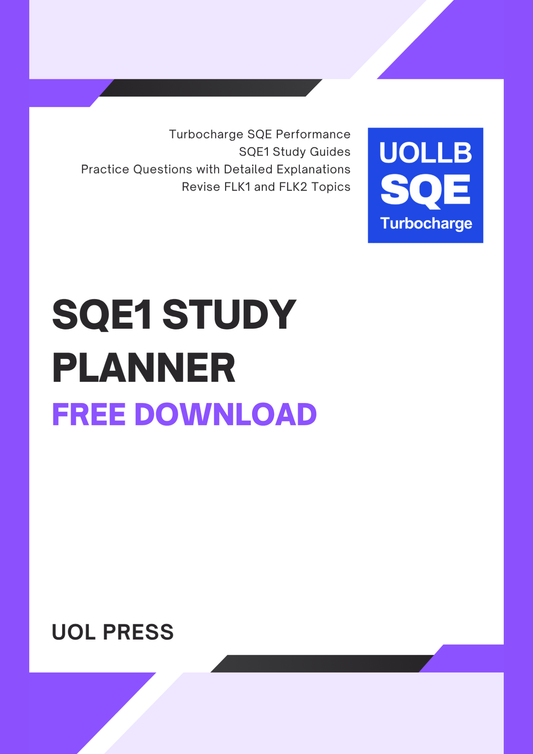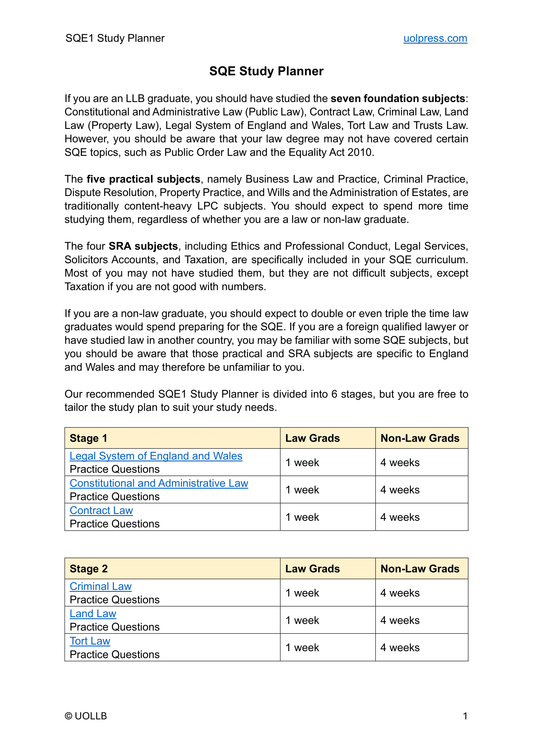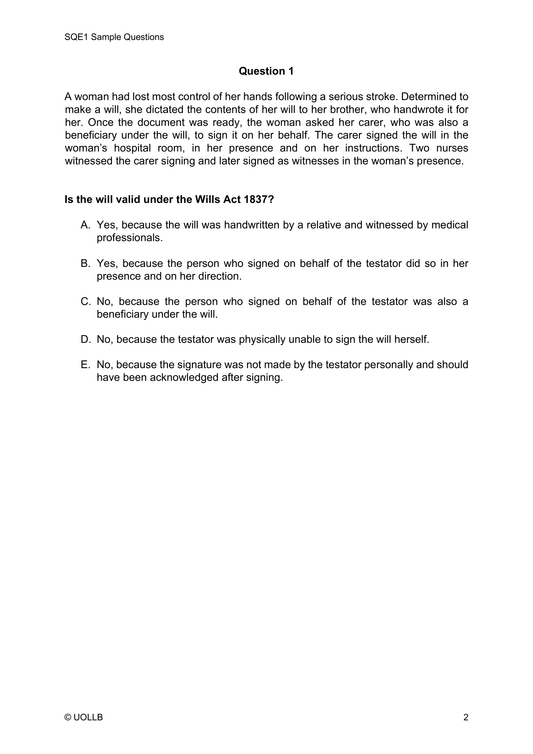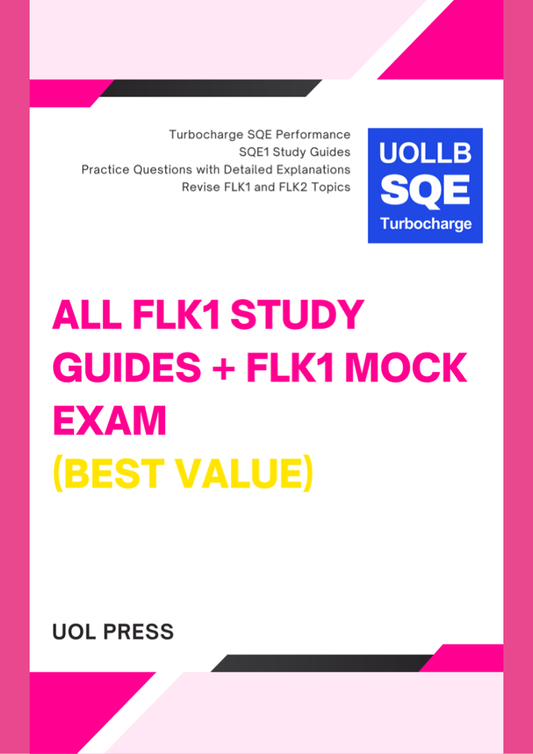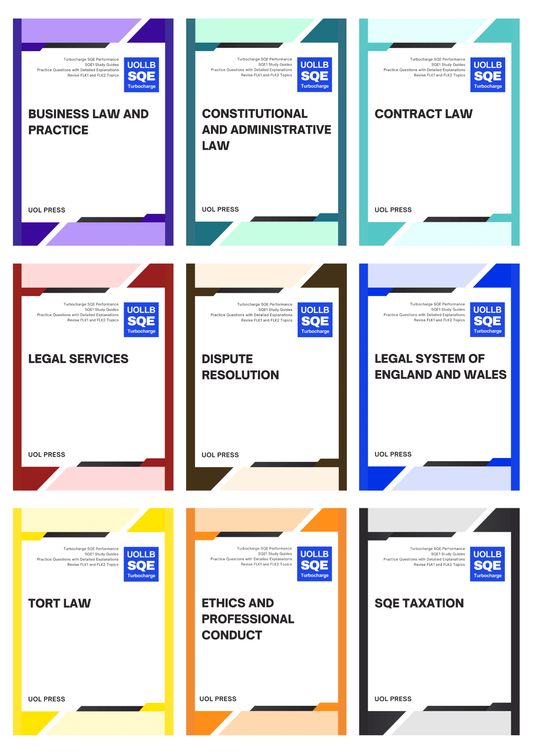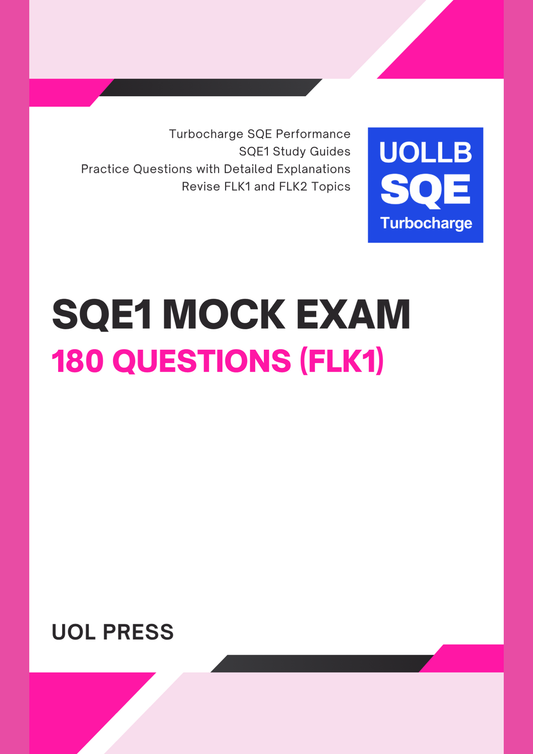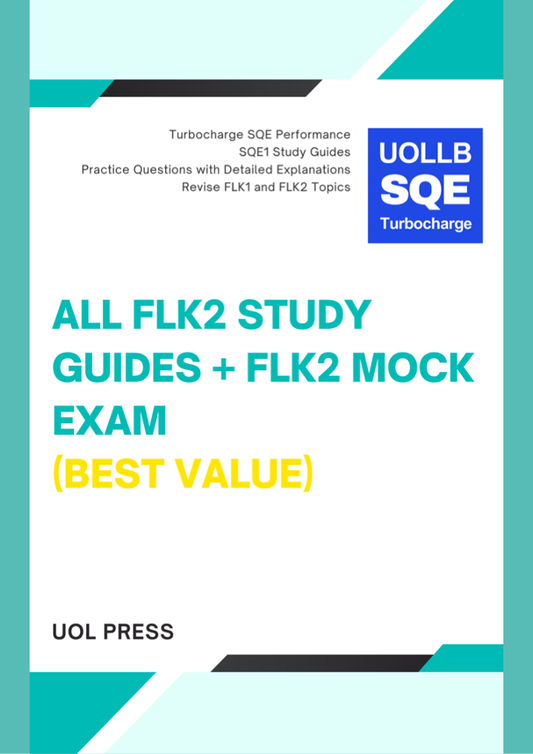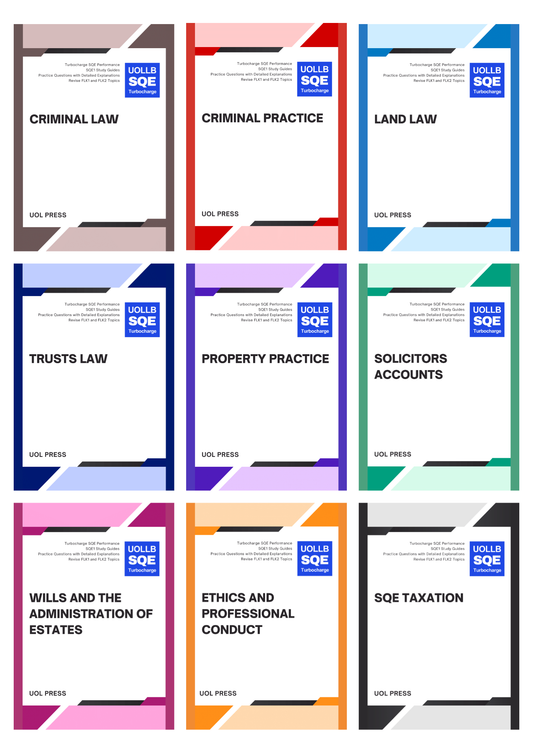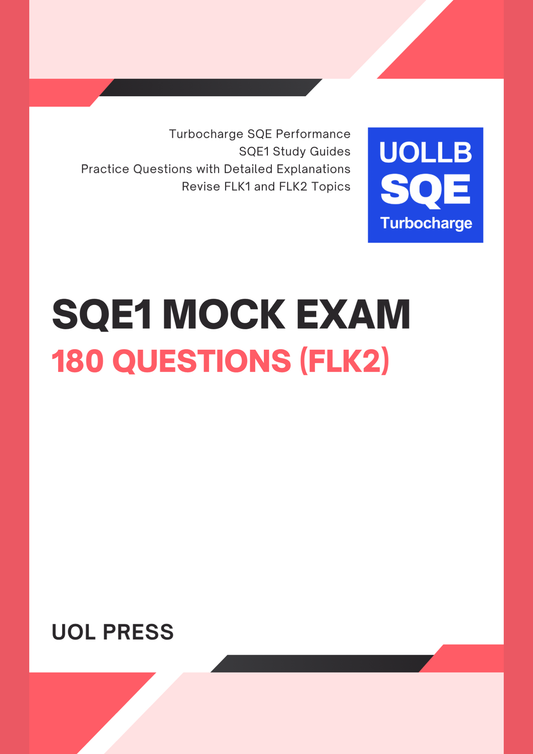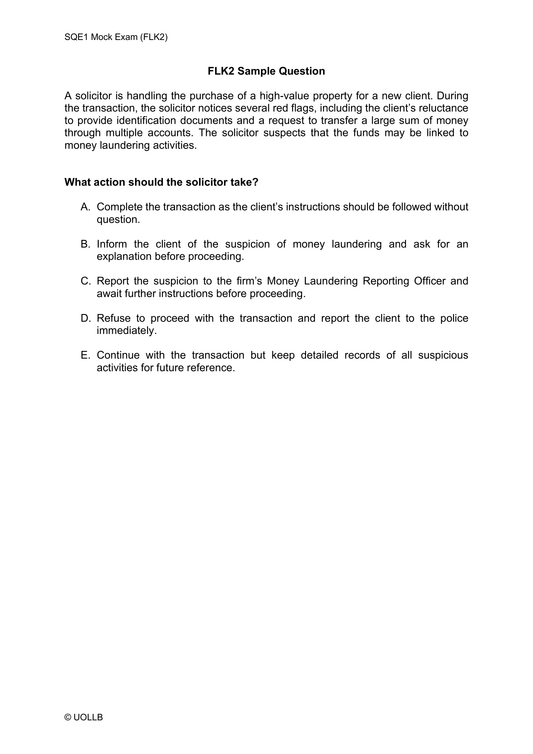Application of Law in SQE2
Share
The SQE2 assessments test your ability to apply legal knowledge and skills effectively in practice. You are required to demonstrate a comprehensive understanding of legal principles and apply them to real-life scenarios. Below are the 11 aspects specified by the SRA in why you are expected to apply the law.
1. Identify Relevant Legal Principles
You must be able to discern which areas of law are pertinent to the facts at hand, demonstrating an ability to extract applicable legal rules from a complex body of law. This requires you to have a thorough understanding of various legal disciplines covered in the SQE assessment specification. Identifying the correct legal principles is the foundation upon which all subsequent legal reasoning and application are based.
2. Apply Legal Principles to Factual Issues
You must apply the identified legal principles to the specific facts of the case. This tests your ability to tailor legal solutions to the unique circumstances of a client. You must use your legal knowledge to craft solutions that best serve the client’s interests while adhering to the law. In the context of negotiations, for instance, it is important to consider both the legal and commercial aspects of the case, providing advice that is pragmatic and reflects the client’s goals.
3. Interpret, Evaluate, and Apply the Results of Research
You must be able to interpret, evaluate, and apply the results of your research. This involves identifying relevant legal precedents, statutes, and case law that inform the issue at hand. The ability to evaluate the strength and relevance of different sources of information is important, as it helps in constructing well-founded legal arguments. In practice, this means carefully sifting through legal databases, case law, and other resources to extract information that is directly applicable to the client's case.
4. Informed Legal Advice and Consequences of Different Options
You must demonstrate that you can consider different legal options and the potential consequences of each. This includes assessing the risks, benefits, and likely outcomes of various courses of action. It is essential that advice is not only legally sound but also practical, taking into account the client’s specific commercial or personal circumstances. Whether advising clients at the police station or on a business transaction, you must explain the implications of each option, helping the client make an informed decision.
5. Drafting Legally Effective Documents
You must be able to draft clear, concise, and legally effective documents that serve the client’s needs. This could range from contracts and agreements to court pleadings or wills. Legal documents must not only comply with the relevant legal requirements but also be tailored to the specific facts of the case so that the client’s interests are adequately protected. Effective drafting requires precision and a deep understanding of the relevant legal framework.
6. Critical Thinking and Problem Solving
You are expected to apply your understanding of the law to resolve complex issues, often where there is no straightforward solution. This involves weighing different legal principles and considering various angles to determine the most appropriate course of action. You must be able to demonstrate that you are not only applying the law but also critically assessing the situation to offer the best possible resolution for the client.
7. Assess Information and Identifying Key Issues
You must be able to sift through relevant data to identify key issues and potential risks. This includes recognising inconsistencies in information, gaps in evidence, or conflicting statements that might affect the outcome of a case. If you can identify the relevant issues and risks, you can better prepare strategies that address potential weaknesses in the client’s position and avoid unnecessary risks.
8. Evaluate the Quality and Reliability of Information
You must demonstrate the ability to evaluate the trustworthiness of sources and determine whether the information is relevant, up-to-date, and legally sound. This could involve cross-checking facts, verifying legal precedents, or assessing the credibility of witnesses or expert opinions. Making judgments based on reliable information is vital to ensuring that the advice given is both legally valid and strategically sound.
9. Using Multiple Sources of Information
You must show that you can synthesise information from various sources to make informed decisions. You are required to base your judgment on a combination of sources, including case law, statutes, legal commentary, and factual evidence. This requires not only legal expertise but also the ability to integrate and analyse diverse types of data, ensuring that all relevant information is considered when making judgments.
10. Reaching Reasoned Decisions Supported by Evidence
You must demonstrate that your decisions are not arbitrary but are based on a logical and evidence-based approach. Whether advising a client, drafting a document, or resolving a dispute, decisions should be clearly justified and grounded in the law. This ensures that the advice provided is not only legally sound but also aligned with the client’s best interests.
In summary, you are required to demonstrate your ability to apply legal principles to a wide range of practical scenarios. Remember, you must prove your competence in real-world legal practice by combining legal knowledge with critical thinking, research, and effective problem-solving skills. Good luck with your SQE2 assessments!

